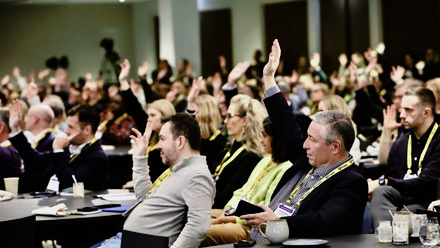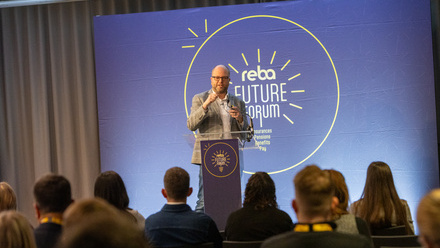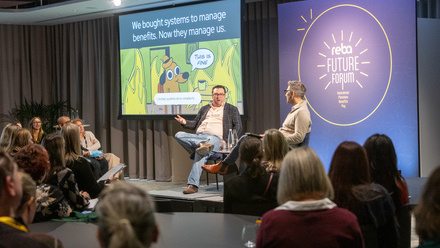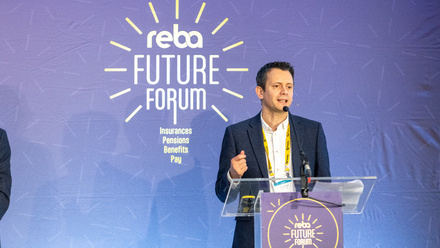The long-tail of COVID-19: how to support employees on long-term sickness absence

On top of this, and perhaps more widely felt, is the impact of COVID-19 on mental health. Mental health charity Mind declared the pandemic “as much a mental health emergency as it is a physical one.” The charity’s recent research, which surveyed more than 16,000 people, revealed that 65% of adults with an existing mental health problem reported worse mental health. And more than one in five with no experience of poor mental health now say their mental health is poor or very poor.
What causes long-term absence?
We’re yet to see the effects of the pandemic on long-term absence. Time will tell. But it’s possible as time goes on we’ll see more people taking sick leave for longer periods. Whether that’s for self-isolation, needing to go back to shielding, or indeed for a physical or mental health concern related to COVID-19 that is impactful on their work.
And it’s those mental health impacts that are reflected in what we do know about the current common causes of long-term absence. Mental ill-health and stress rank as top three causes of long-term absence for 59% and 46% of organisations respectively, according to the CIPD/Simplyhealth Health & Well-being at Work 2020 report.
How do employers manage long-term absence?
There are a number of ways that employers can manage long-term absence. The Health & Well-being at Work report found some of the most common methods include: return-to-work interviews (in 79% of organisations), changes to working patterns or environments (68%), involving occupational health (60%), and employee assistance programmes (59%).
All of these methods are suitable, and can make an effective process for supporting employees on long-term sickness absence with conditions related to COVID-19:
1. Stay in touch: Managers and employees should always keep in contact during periods of long-term sickness absence. Different company policies will vary on how frequent this should be, but regular check-ins help you ensure they are ok.
2. Returning to work: When an employee is ready to come back to work after a long time away, regular communication remains a key source of support. As they start back at work, and in those early few weeks, be sure to meet with them frequently to see how they are getting on.
3. Occupational health advice: Understand what advice might have been given to the employee from their medical professional and seek support from occupational health. There might be changes that could be made to their working environment or hours to help them get back to work gradually.
4. Ongoing support: Remind employees that benefits like an employee assistance programme or counselling service are still available while they are off sick. These can offer effective and ongoing support for employees who might be signed off with mental health concerns or other long-term illnesses.
Supporting employees in the new normal
We’ve worked with REBA to create a technical guide on how you can support employees’ health and wellbeing in our new working world. It covers health implications of the pandemic, new ways of working, and the importance of prevention and a healthy lifestyle. Download your free copy now.
This article is provided by Simplyhealth.
Supplied by REBA Associate Member, Simplyhealth
Our health plans make it easy for people to maintain their health&wellbeing.







